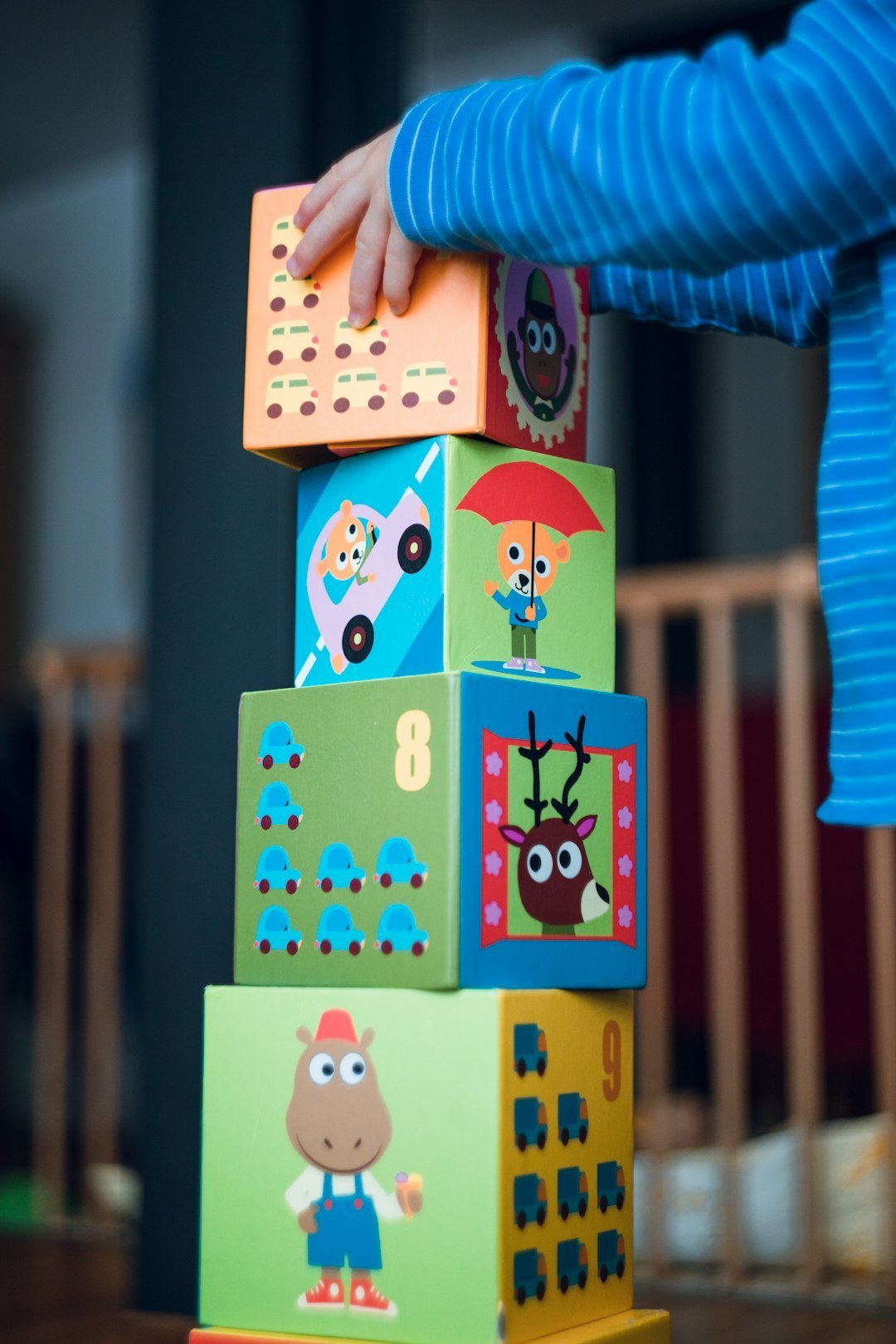My background in child therapy, as well as drama therapy, an experiential and somatic form of therapy, particularly prepared me to speak the child’s language of play therapy. Play is how children express themselves, explore situations, and resolve problems.











